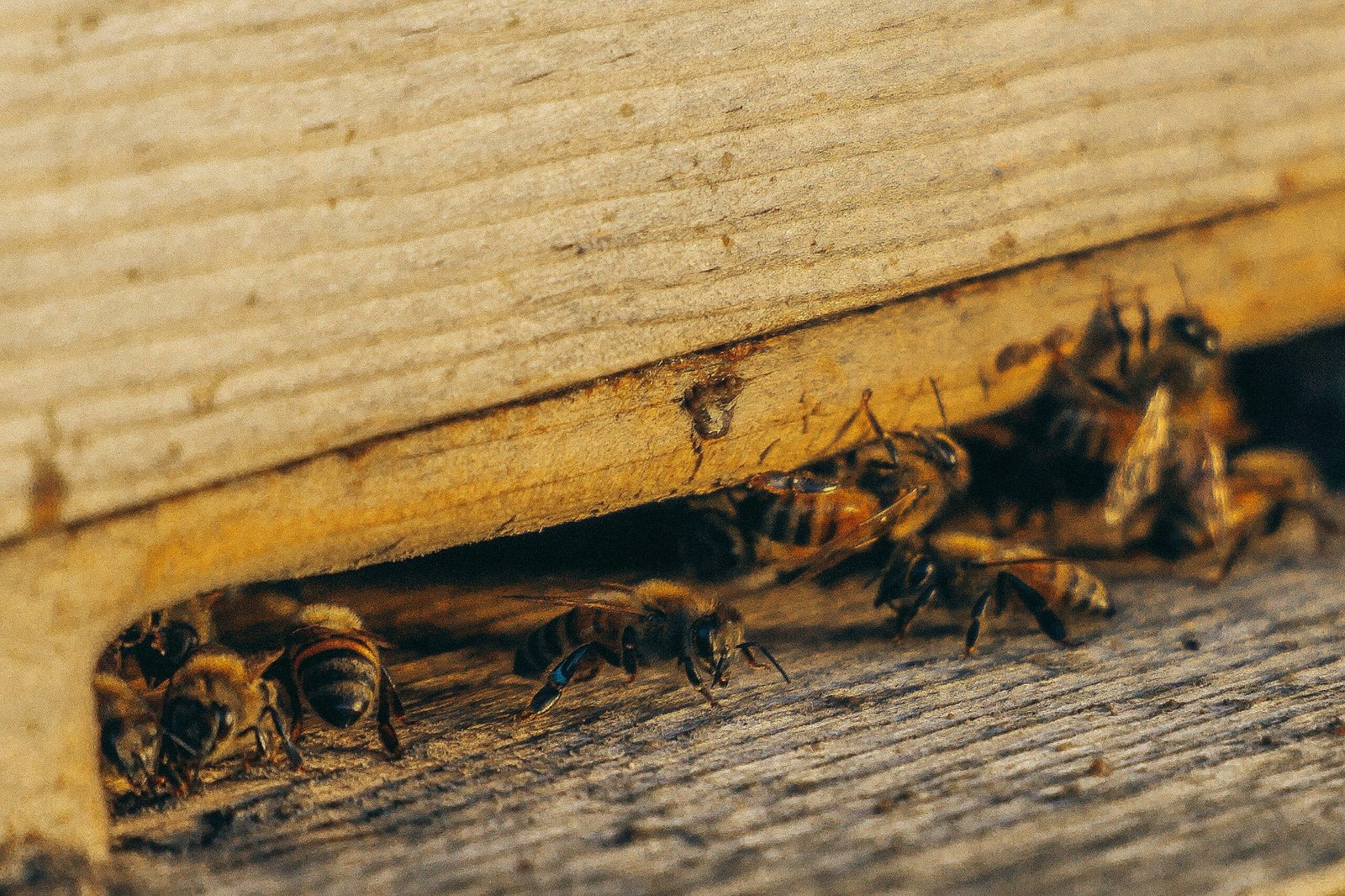Wasps can be a nuisance, especially during the warmer months when they are most active. Their stings can be painful and potentially dangerous for those who are allergic. If you’re dealing with a wasp problem, it’s important to take action to protect yourself and your property. In this article, we’ll explore some of the best pest control methods for effectively managing wasps.
1. Prevention is Key
The first step in controlling wasps is to prevent them from building nests on your property in the first place. Inspect your property regularly for any signs of wasp activity, such as nests or increased wasp presence. Seal any cracks or openings in your walls, windows, or doors to prevent wasps from entering your home. Keep your garbage cans tightly sealed and clean up any food or drink spills promptly to avoid attracting wasps.
2. Natural Remedies
If you prefer to use natural methods for pest control, there are several options available for dealing with wasps. One effective method is to create a wasp deterrent by mixing equal parts water and vinegar in a spray bottle. Spray this solution around areas where wasps are likely to build nests, such as eaves, windows, and doorways. The strong odor of vinegar will discourage wasps from nesting in those areas.
Another natural remedy is to plant certain herbs and flowers that repel wasps. Mint, basil, thyme, and marigold are known to deter wasps due to their strong scents. Consider planting these in your garden or near outdoor seating areas to keep wasps at bay.
3. Traps
Traps can be an effective way to control wasps, especially if you have a large infestation. There are various types of traps available, including DIY options and store-bought traps. One popular DIY trap involves cutting the top off a plastic bottle, inverting it, and securing it with tape. Fill the bottom of the bottle with a sweet liquid, such as sugar water or fruit juice, to attract the wasps. They will enter the bottle but will have difficulty finding their way out.
When using traps, it’s important to place them away from areas where people gather to avoid attracting more wasps. Regularly empty and clean the traps to prevent a buildup of dead wasps and to maintain their effectiveness.
4. Professional Pest Control
If you have a severe wasp infestation or if you’re unsure about handling the problem yourself, it’s best to call in professional pest control services. Pest control professionals have the knowledge, experience, and equipment to safely and effectively eliminate wasp nests and prevent future infestations.
When choosing a pest control company, look for one that is licensed, insured, and experienced in dealing with wasp problems. They will be able to assess the situation, determine the best course of action, and provide you with a long-term solution to keep your property wasp-free.
Conclusion
Dealing with wasps can be a daunting task, but with the right pest control methods, you can effectively manage the problem. Remember to prioritize prevention by sealing entry points and keeping your property clean. If you prefer natural remedies, try using vinegar sprays or planting wasp-repelling herbs and flowers. Traps can also be a useful tool, especially for larger infestations. And when in doubt, don’t hesitate to seek professional help. By taking action and implementing these strategies, you can enjoy a wasp-free environment and peace of mind.

Leave a Reply